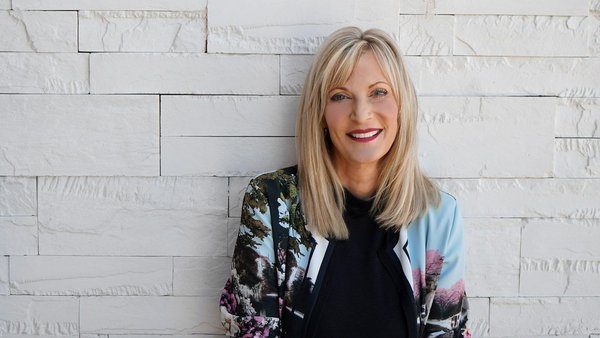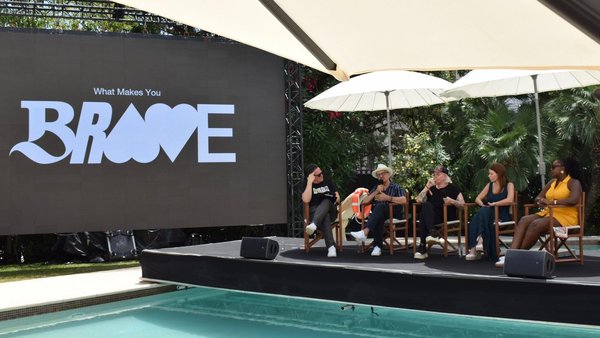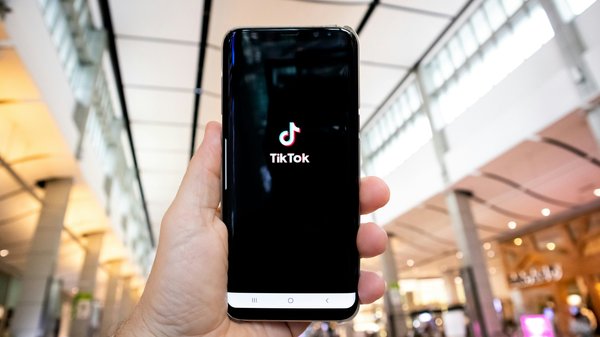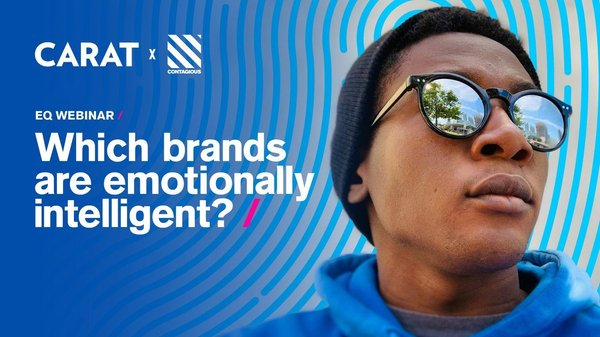Promoted content
The Courage to Let Culture Lead /
How and why marketers should create authentic connections with their audiences to foster brand loyalty and community in this rapidly evolving industry
Wrapping up one of the busiest weeks of the year — the week of Cannes Lions Festival of Creativity 2024 — industry leading marketing experts were welcomed to the Contagious Villa to discuss leveraging mutual trust and network effects with diverse audiences, as well as creating culturally relevant content.
The panel saw Delta Air Lines’ MD Maya Dukes, Kansas City Chiefs’ VP of partnership strategy and development Kimberly Hobbs, President of VIRTUE Worldwide and VICE Media Group CCO Chris Garbutt, SVP innovation at VIRTUE & VICE Mark Adams, and VIRTUE Worldwide’s VP of foresight and co-lead at PIGEON Amy Davies focus on understanding audience values, maintaining authenticity, moving beyond traditional segmentation, and the importance of cultural relevance.
Garbutt began the talk by stating how brands must deeply understand their audience's values to drive ROI and growth. In answer to the question of how to reach niche audiences, Garbutt noted the success of poppi, a probiotics and prebiotics soda, explaining how addressing a real community need — a flavourful, beneficial drink for those with gut issues — allowed for poppi to disrupt the soda category effectively.
Adams, one of LinkedIn’s Top Voices, stressed the importance of maintaining an authentic internet presence to succeed in today's advertising systems. Drawing insights from the entertainment industry, he underscored the necessity of truly understanding the audience to create compelling content, claiming that the ‘brands that will smash and destroy and kill everyone in their category are the ones that know that you have to play in the authentic internet’.
Further exploring the concept of reaching certain small and diverse audiences, Dukes argued that traditional demographic segmentation is insufficient in today’s world. She advocated for brands to embrace the complexity, messiness, and many layered identities of audiences to forge meaningful connections. This perspective challenges marketers to look beyond simplistic categorisations, and though brands identify their audiences through ‘boxes’, Dukes said ‘to make sure the boxes are more layered and understand that people know when [marketers] don't know, and they just won't continue to rock with our brands’.
Davies went on to inquire about the Kansas City Chiefs' creator programme, recognising its potential for enhancing fan engagement. Hobbs emphasised the importance of building communities around shared interests and values by ‘opening up our brand outside of just core football fans’ and by ‘recognising that our fan base is full of huge influencers themselves’, which in turn created stronger and more authentic connections between the NFL brand and its audiences.
Dukes continued on the topic of influencers, sharing a personal story about feeling disconnected from aspirational influencers during the pandemic, leading to a shift in her creative approach. Dukes advocated for influencers to inspire and connect with audiences by presenting themselves as authentic and relatable.
Underscoring the NFL team's expansive brand appeal from their Midwest base, Hobbs noted that a lot of brands partner with them because they see the reach they have. Hobbs highlighted the strategic use of social channels as a significant draw for prospective partners, showcasing the ability to amplify brand messaging effectively. She also stressed the importance of inclusivity beyond mere visibility.
To further develop how influencers can be incorporated in marketing projects, Garbutt explained that Logitech approached VIRTUE three years ago to increase the brand's visibility, as it was widely used but not recognised. The team identified engaged communities using Logitech products, such as gamers, creators and remote workers. A community was built around the brand, featuring diverse influencers. This initiative led to successful collaborations and significantly boosted the brand's recognition and ‘drove huge effectiveness’. Following on from this, success, according to Adams, involves more than just being cost-sensitive; it requires building ventures and growth through cultural relevance. Regarding measuring cultural relevance, Dukes said: ‘I don't think we get away from the metrics,’ stressing their importance in proving the impact of culturally relevant content.
Advocating for diversity in the decision-making and creative processes, Dukes insisted ‘you have to start putting people in the room that drive culture’. She championed the role of diverse voices in shaping and reviewing content, affirming that marketers must ‘make sure that you have diverse voices, putting up at work, requesting that work and making sure that they are reviewing the work through a lens of inclusivity’.
Want more of the same? /
We don’t just write about best-in-class campaigns, interviews and trends. Our Members also receive access to briefings, online training, webinars, live events and much more.





